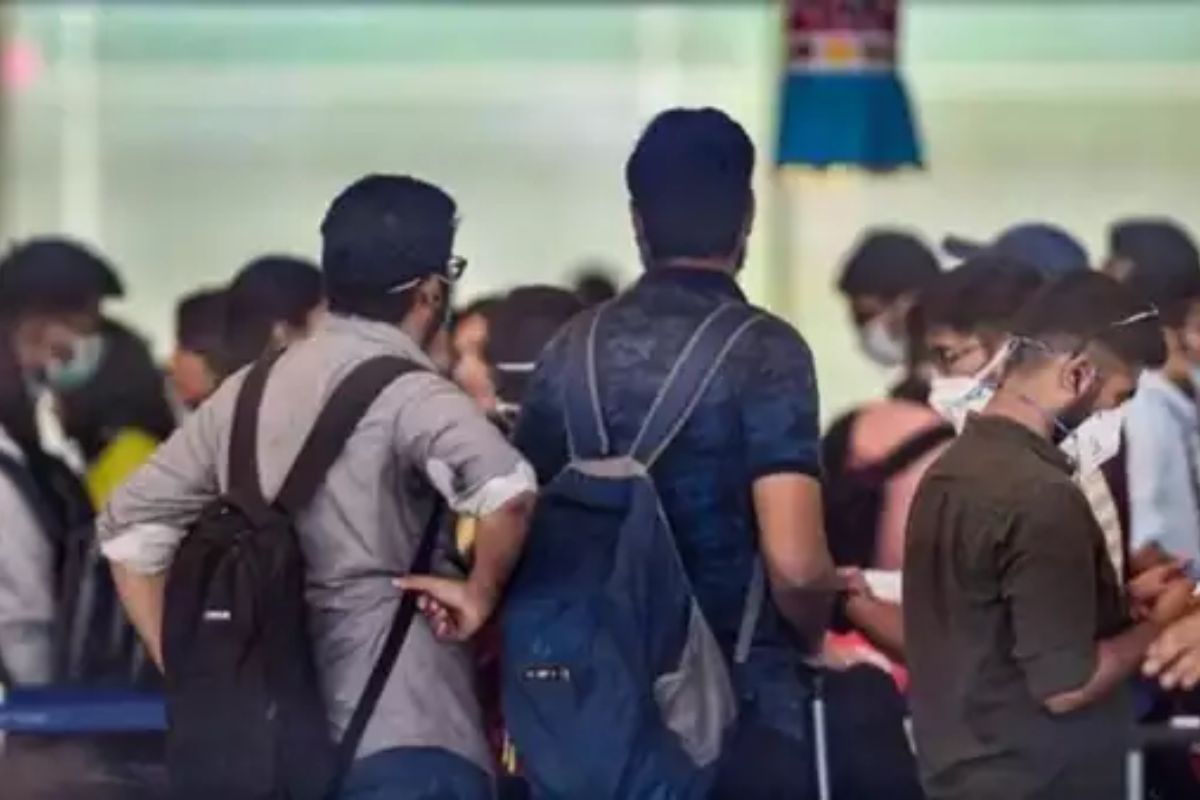In order to stop a virus from spreading, the city of Zhengzhou, where the iPhone is made, shut down one of its most populated areas. This is just one example of how companies are always at risk of being disrupted as long as China sticks to Covid Zero.
A government notice says that starting Monday, almost 1 million people who live in the Zhongyuan district are supposed to stay home unless they need to take a Covid test. Businesses that aren’t essential have also been shut down. Last week, some neighborhoods were locked down, which caught many people by surprise because officials had said there wouldn’t be a citywide lockdown.

Continue: Xi defends Covid Zero but doesn’t show China how to get out of the pandemic. iPhone maker The plants of Foxconn Technology Group are not in the area that has been shut down. Bloomberg News asked for a comment from the company, but they didn’t give one right away.
On Sunday, the city reported 6 new local cases, which is less than the recent high of 40 on October 9. As outbreaks in Inner Mongolia and Xinjiang were brought under control, the total number of cases dropped to 697, which was the lowest number in two weeks. Beijing put up 13 new cases, and Shanghai had 32.
Even though it will cost a lot, China is sticking to the Covid Zero pillars of lockdowns and mass testing to stop the worst outbreak in two months. The policy has slowed down growth in the world’s second-largest economy and messed up global supply chains. This is because shutdowns and reopenings of important manufacturing hubs, like those that make cars, phones, and Christmas trees, are very disruptive.
Sunday, President Xi Jinping gave no sign that the approach was about to change. This disappointed investors who had hoped to see some signs of easing. During a speech at the beginning of the twice-a-decade Party Congress in Beijing, Xi said that the strict rules protect people’s lives, but he didn’t say anything about the cost to the economy.
Economists polled by Bloomberg say growth will be only 3.3% this year, which would be the second-slowest rate in more than 40 years.
The strict limits on Covid have also made people unhappy. Late last week, words like “Beijing” and “bridge” were banned on social media sites like Weibo after two banners were put up on a bridge in the capital criticizing Xi and Covid Zero. One said, “We want food, not PCR tests. We want freedom, not restrictions and rules.”
So far, the most important cities in China have not been locked down on a large scale. Instead, officials have been quietly stopping a growing number of activities.
Parents and social media posts say that a number of schools in Shanghai have stopped in-person classes because there is a growing fear that the infection will spread. Last week, the port city of Tianjin said that one district would be locked down, and the southern megacity of Guangzhou said that schools in one area would be closed.
What do you think about our post? leave your feedback below.
Sat connected to our website NogMagazine.com We will keep updating it.